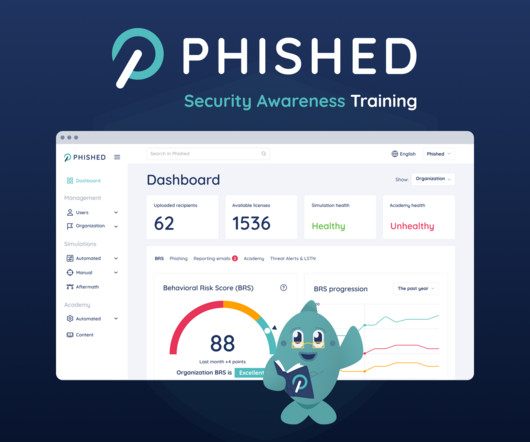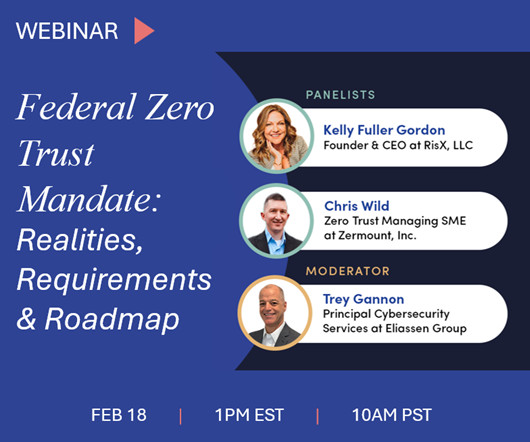Phishers Target Anti-Money Laundering Officers at U.S. Credit Unions
Krebs on Security
FEBRUARY 8, 2019
A highly targeted, malware-laced phishing campaign landed in the inboxes of multiple credit unions last week. The missives are raising eyebrows because they were sent only to specific anti-money laundering contacts at credit unions, and many credit union sources say they suspect the non-public data may have been somehow obtained from the National Credit Union Administration (NCUA), an independent federal agency that insures deposits at federally insured credit unions.





































Let's personalize your content